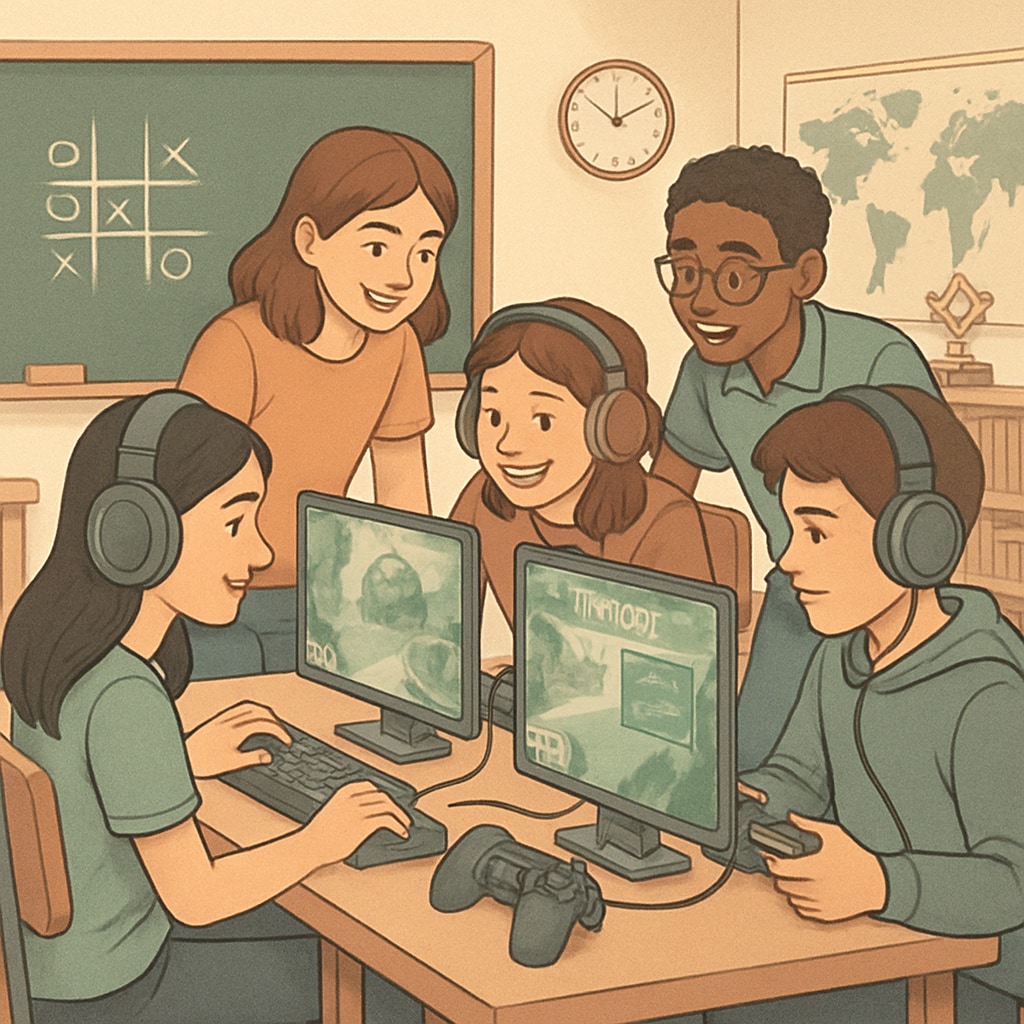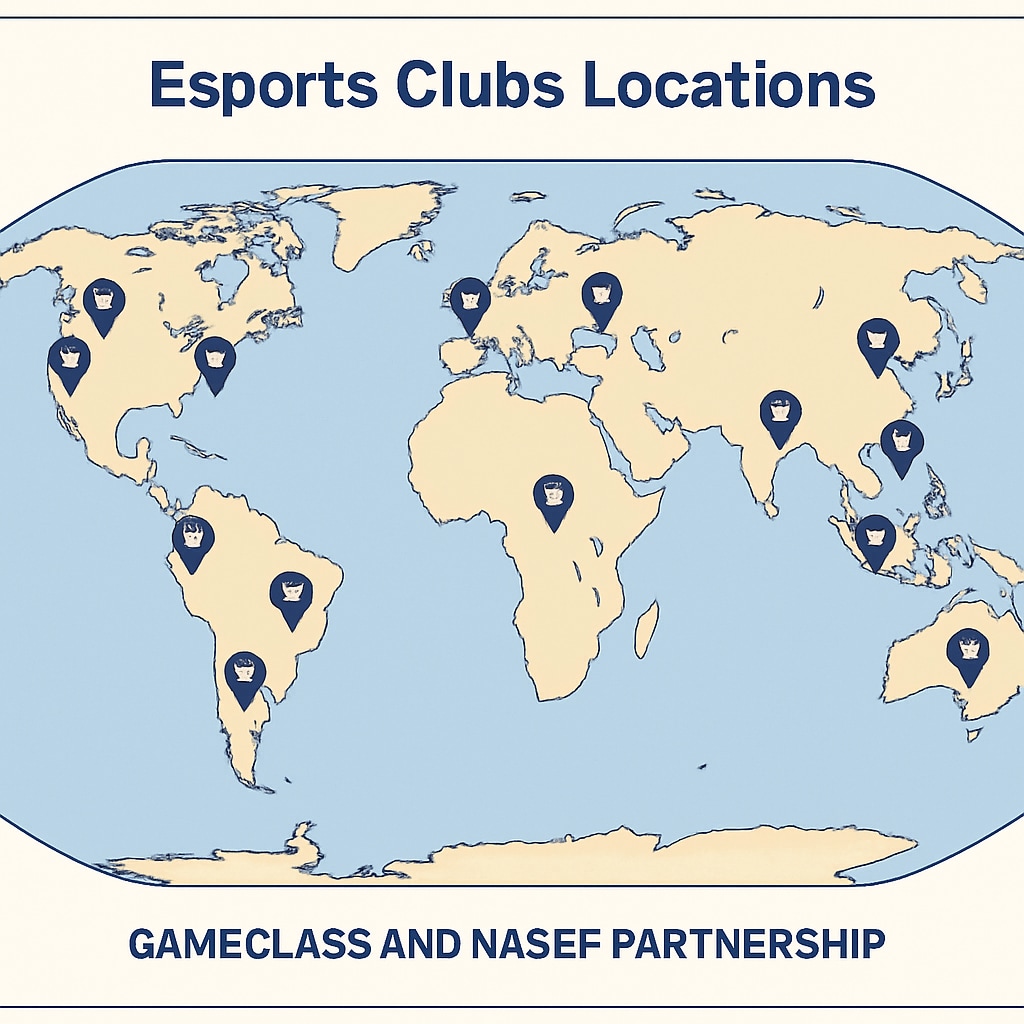In a groundbreaking initiative, GameClass and NASEF (North America Scholastic Esports Federation) have joined forces to bring esports education, game-based learning, and strategic cooperation to the global stage. Their partnership integrates interactive and gamified educational tools into 9,000 esports clubs, offering K12 students an innovative platform to merge their academic pursuits with personal interests. As a result, the initiative represents a transformative moment for education, signaling the future direction of learning methodologies worldwide.
Esports and Education: A Dynamic Cross-Disciplinary Collaboration
The collaboration between GameClass and NASEF transcends traditional educational boundaries. By leveraging esports as an educational tool, students gain access to critical skills like teamwork, problem-solving, and digital literacy—all within an engaging framework. This approach aligns with modern pedagogical trends that emphasize experiential learning and tech-driven instruction.
For example, students participating in esports clubs might analyze game strategies, develop programming skills for game design, or even explore statistics and analytics tied to esports performance. These activities inherently promote STEM (Science, Technology, Engineering, and Math) education while fostering creativity and leadership.

The Global Impact of Game-Based Learning in K12 Education
GameClass and NASEF’s partnership marks a significant step in the global adoption of game-based learning. By reaching thousands of esports clubs worldwide, this initiative offers students a universally accessible and culturally relevant educational experience. Furthermore, the gamification of learning creates an environment that motivates students to engage deeply with academic content while enjoying their favorite pastime.
This global strategy not only bridges the gap between entertainment and education but also ensures equity in learning opportunities. By integrating esports into K12 education, students from diverse backgrounds can develop skills that are critical for 21st-century careers. Such initiatives pave the way for a more inclusive and technologically advanced education system.

Challenges and Opportunities in Esports Education
While the benefits of game-based learning and esports education are evident, there are challenges that educators, policymakers, and institutions must address. One major concern is the balance between entertainment and academic rigor. Ensuring that esports clubs maintain their educational focus while offering enjoyable activities is key to sustaining long-term success.
Additionally, educators must be trained to utilize these tools effectively. The integration of esports into curricula requires professional development programs that equip teachers with the skills to guide students through this unique learning experience.
Despite these challenges, the opportunities are immense. Game-based learning has the potential to re-engage students who may struggle in traditional classroom settings. Moreover, it prepares students for a future where digital skills and collaborative problem-solving are essential.
As a result, partnerships like the one between GameClass and NASEF will likely inspire other organizations to explore similar educational innovations, further advancing the role of technology in schools.
Looking Ahead: The Future of Education and Esports
The GameClass-NASEF partnership is more than just an educational experiment; it is a blueprint for the future of learning. By combining esports and education, students are empowered to explore their passions while acquiring critical life skills. This strategy exemplifies how game-based learning can redefine academic experiences and make education accessible, engaging, and relevant for the modern world.
As global interest in esports continues to grow, educators and institutions must recognize the potential of this medium to inspire and educate the next generation. With strategic initiatives like this, the future of K12 education promises to be more innovative, inclusive, and exciting than ever before.
For more information about esports education and game-based learning, visit Esports on Wikipedia or explore Esports on Britannica.


